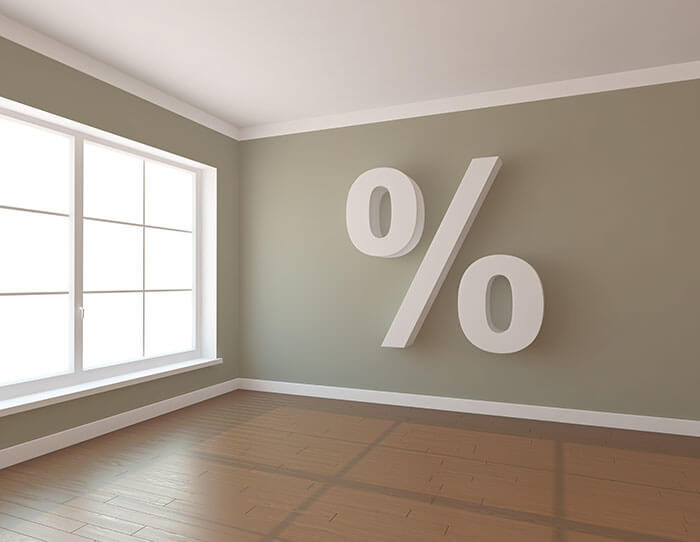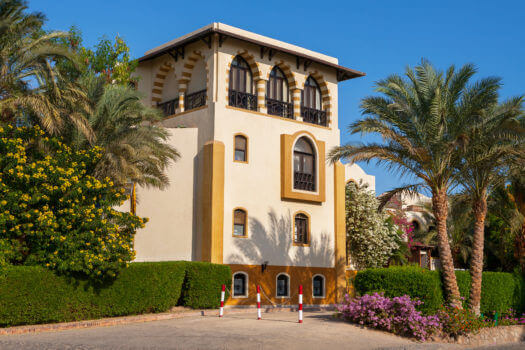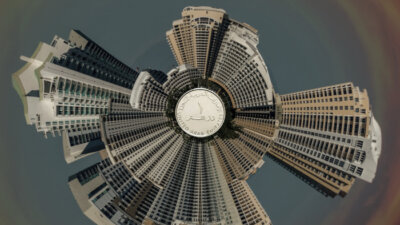

How Interest Rates Can Affect Your Mortgage in the UAE
Interest rates and mortgages are closely linked — and even small changes in rates can have a big impact on your monthly repayments and long-term affordability. With the UAE property market remaining strong in 2025, it’s important for buyers and homeowners to understand how shifting interest rates influence mortgage costs, eligibility, and overall investment returns.

What Are Mortgage Interest Rates in the UAE?
Mortgage interest rates represent the cost of borrowing money from a bank. In the UAE, rates are generally linked to the Emirates Interbank Offered Rate (EIBOR) plus a margin set by the lender. Banks may also offer fixed or variable (reducing) rate products depending on the customer’s needs.
In 2025, average mortgage rates in the UAE are around 3.99%–5.25%, depending on whether you choose a fixed-rate or reducing-rate structure.
Types of Mortgage Interest Rates
Fixed Rate
A fixed mortgage rate locks in the same interest percentage for a set period (usually 1–5 years). This helps protect borrowers from market fluctuations.
Variable/Reducing Rate
With a reducing rate, your interest payments decrease as your outstanding loan balance declines. While initially higher than fixed rates, they can offer savings in the long run.
Hybrid Options
Some banks offer a mix: a fixed rate for the first few years, then switching to a reducing rate. This gives stability early on while allowing flexibility later.
How Interest Rates Impact Monthly Payments
One of the most important links between interest rates and mortgages is the way your monthly installments change.
- •A higher interest rate means higher monthly repayments.
- •A lower interest rate reduces your monthly burden, making property ownership more affordable.
- •For large mortgages (common in Dubai), even a 0.5% change in rate can significantly affect affordability.
Example: On a loan of AED 1.5M over 25 years, a 0.5% increase in interest could add around AED 400–500 to your monthly installment.
The Role of the UAE Central Bank
The UAE Central Bank regulates how banks set their rates and establishes loan-to-value (LTV) rules. Since many lenders benchmark against EIBOR, international interest rate changes — particularly decisions by the US Federal Reserve — directly influence UAE mortgages.
Interest Rates and Mortgages: How They Affect Expats
Expats form a large portion of UAE property buyers. For them, choosing the right mortgage type is especially important:
- •Fixed rates provide predictability for expats planning short-term stays.
- •Reducing rates may benefit long-term expats aiming to pay off their mortgage faster.
- •Currency exchange fluctuations (for payments made in non-AED currencies) can amplify the impact of interest rate changes.
Should You Refinance When Rates Drop?
If interest rates fall, homeowners can consider remortgaging or refinancing their home loan. This means switching to a new lender or renegotiating terms with the same bank. In 2025, many expats and residents are refinancing to take advantage of competitive offers, sometimes reducing their rate by up to 1%.
Tips to Manage Your Mortgage Amid Rate Changes
- •Compare multiple banks before locking in a mortgage.
- •Consider whether a shorter fixed rate or a longer reducing rate better suits your financial goals.
- •Use extra income to make prepayments, reducing your loan balance faster.
- •Speak with a mortgage advisor — at Mortgage Finder, we help clients secure the most competitive mortgage terms in the UAE.
Understanding the relationship between interest rates and mortgages is essential for any property buyer or homeowner in Dubai or across the UAE. Rates affect everything from monthly affordability to long-term investment returns.
By staying informed and reviewing your mortgage regularly, you can ensure you’re getting the best possible deal for your circumstances.
By Brendan Kennelly, Senior Mortgage Advisor at Mortgage Finder






